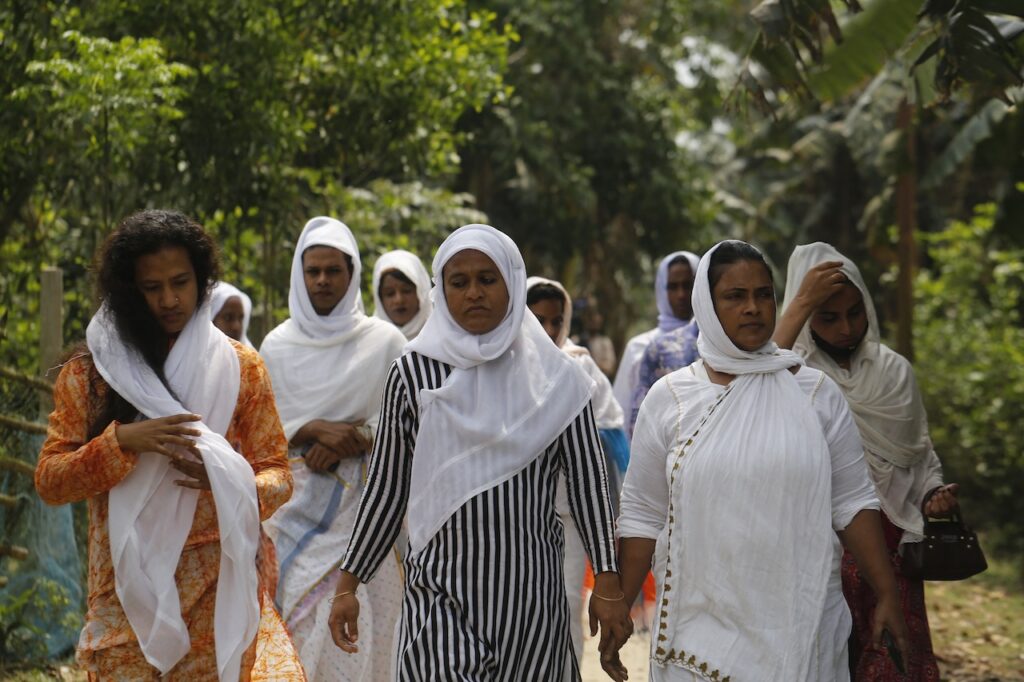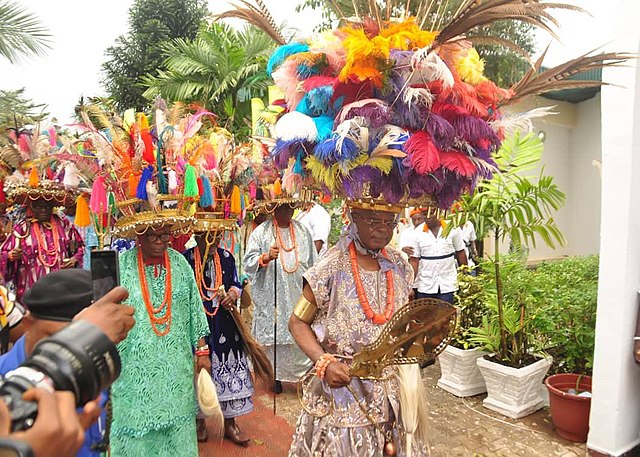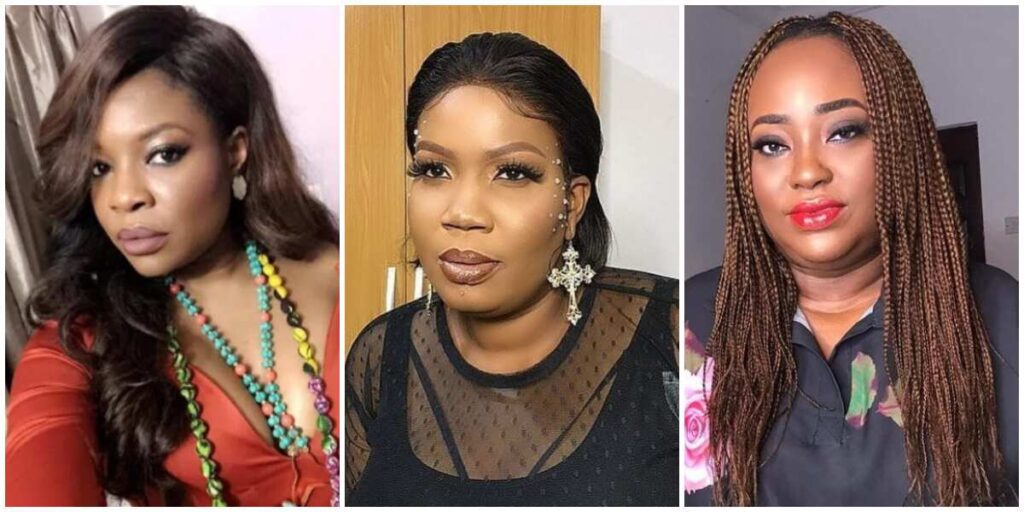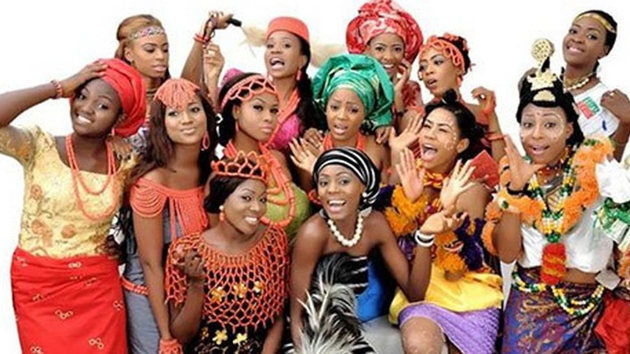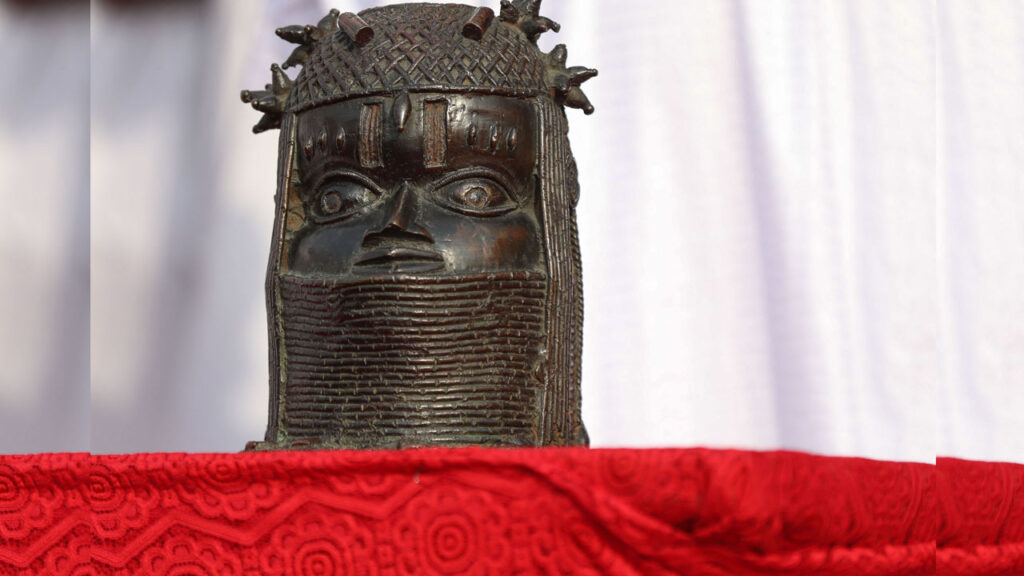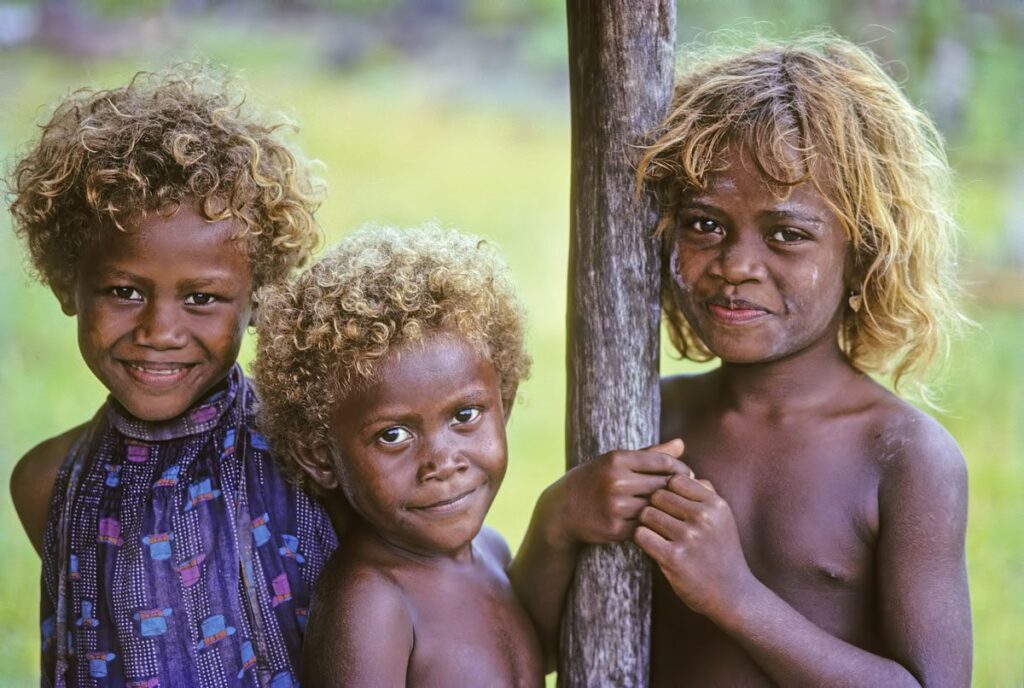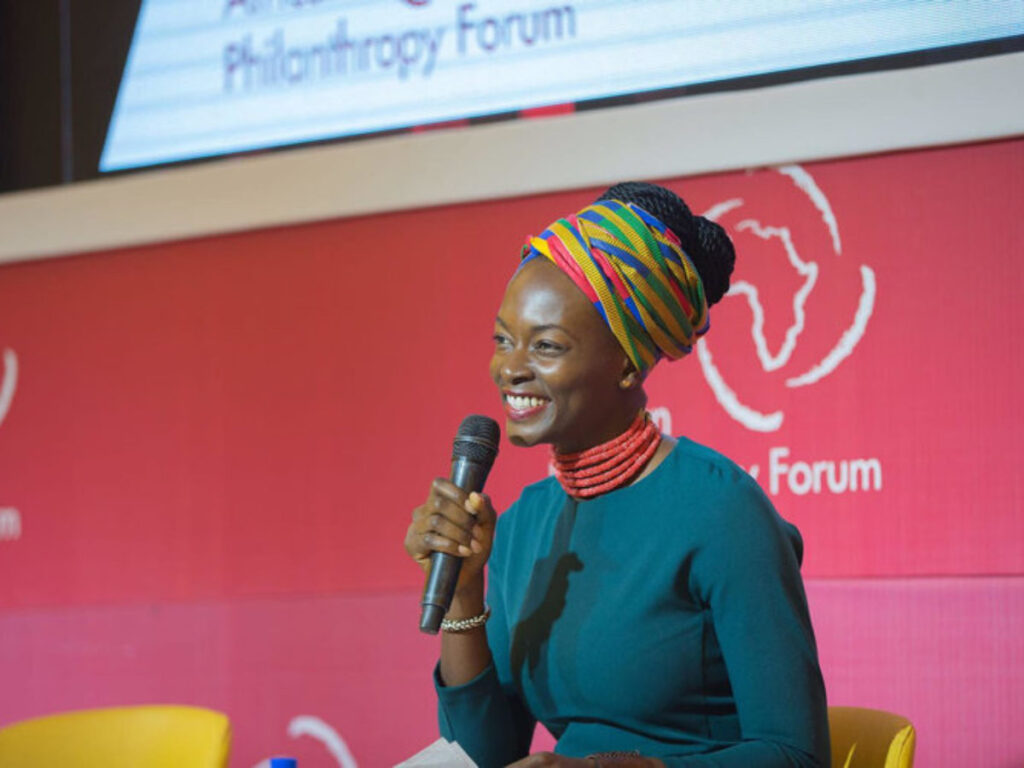
Nigeria has seemingly entered the era of accents.
In a subconscious battle to prove one’s social standing, intelligence and in some cases, to just fit in, accents have gradually found their way into the diction of many Nigerians.
This new wave of adding some flair to one’s spoken English using accents has grown so much that everyone, including celebrities, influential person and the average Nigerian, now have accents.
In fact, speaking in the regular Nigerian accent is considered by some to be ‘local/bush’ and a sign that the speaker has no class or social standing. Many Nigerians can testify to being stereotyped for sounding like they didn’t just get off a plane.
Joy says, “one time, a friend confronted me. She said, ‘why do you always talk like that?’ and when I asked how, she said, ‘I don’t know, but it’s local’.”
“Me, I didn’t even realise I sounded local, but since then, I had to choose my words carefully and speak with an accent, especially when I’m out.”
What’s the big deal?
These accents, whether American, British or Amerigbo (a fusion of American and Nigerian), are heard every day from radio speakers to TV sets and even taking a normal walk down the street. They are viewed as an indication of intelligence & experience, which is why you’ll notice that most radio and TV presenters have an accent.
In conclusion, it’s not the accent that really matters but it’s social rating.
In some cases, this desire to be seen as better for sounding like a foreigner creates an identity crisis for many. It’s even gone up to the point where many Nigerian parents spend millions sending their children to schools with American or British syllabus so they can also learn to speak the foneh foreigners are associated with. And those who missed this ‘crucial’ training in their childhood pickup the need slang dialect from Hollywood films, music and even IJGBs they come across.
Stories ring true of parents refusing to teach their native language to their kids for fear that it might ‘spoil’ their English.
However, it would not be untrue to admit that accent privilege is a real thing in this part of the world, and sometimes, you have to fake it till you make it.
The increased influx of foreigners into the country has given room for an exchange of culture and knowing Nigerians; we take everything, including how they speak. So, to be seen as better and taken seriously, you ‘need’ to speak better, even if it’s with an accent that fluctuates between American or British or one that’s never been heard of.
And just as some people tend to treat others better because they sound different, many people take offence to hearing these accents, quick to ask the speaker to drop the act or ‘stop forming.’
Another interesting dynamic of the accent era is that people try to mimic whoever speaks to them. Needless to say, if you ask a question with an American or British accent, you’re most definitely going to get a reply in that accent or, sometimes, the obviously forced Foneh ones.
This era of accents is not limited to Nigeria alone. A quick Wikipedia search confirms that “Certain accents are perceived to carry more prestige in a society than other accents. This is often due to their association with the elite part of society. For example, in the United Kingdom, Received Pronunciation of the English language is associated with the traditional upper class.”
There is a need for a call to order. In the struggle for our identity, the first step is to know who we are, not a country filled with Foneh accent speakers under the guise of modernisation. But Africa’s Big Brother, with citizens who fully understand their history, culture and are not afraid to sound Nigerian anywhere, anytime.


